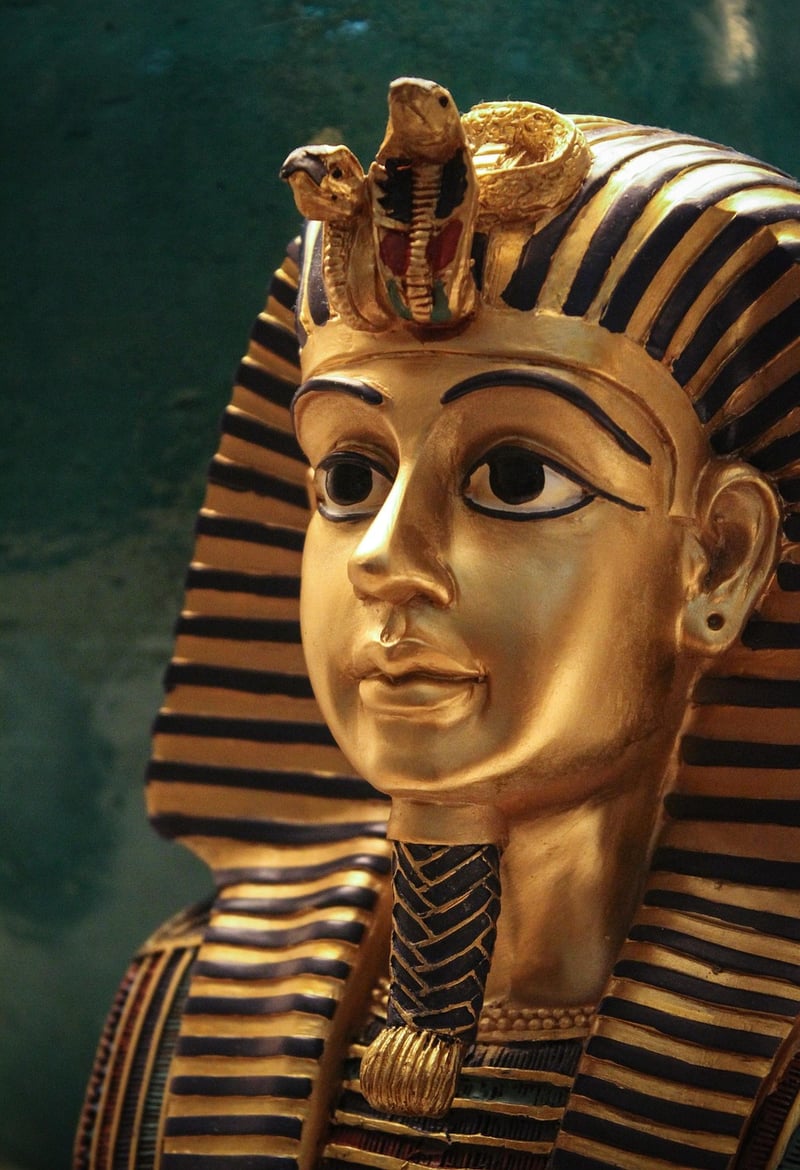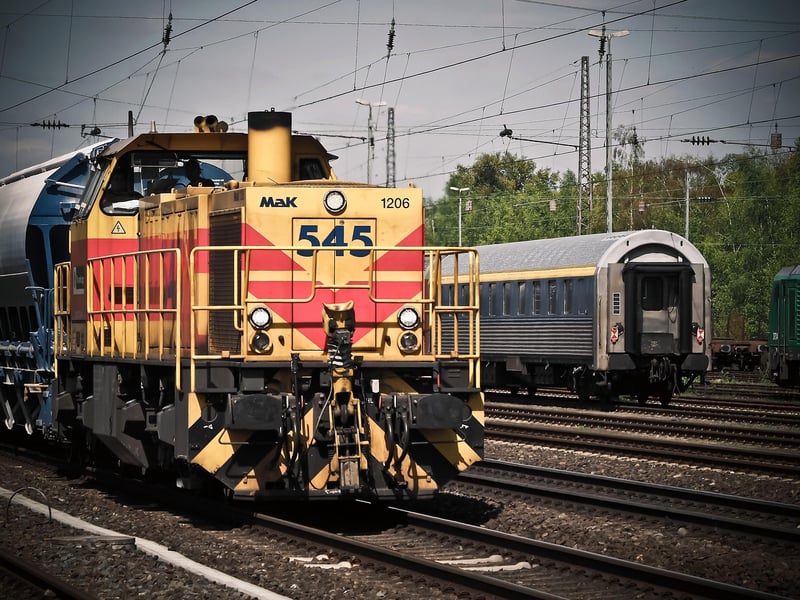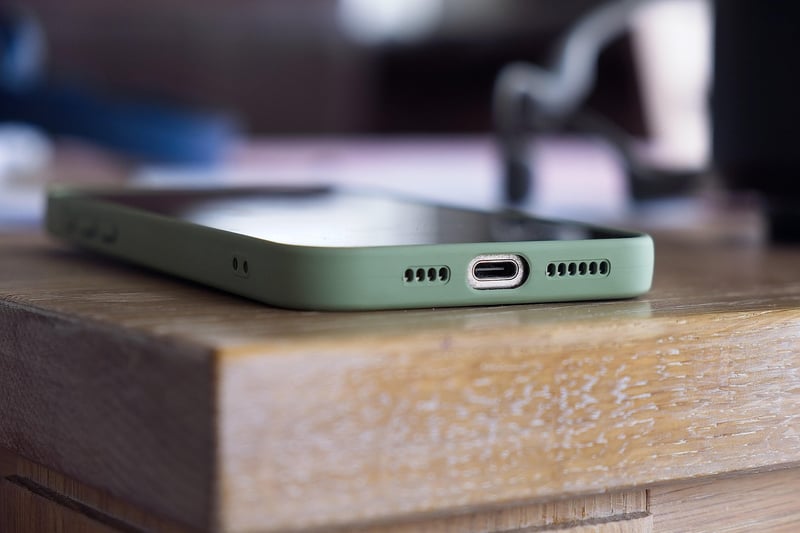Temporal Exploration
Unlocking the Mysteries of Time: A Journey Through Different Time Periods
Time is a fascinating concept that has captured the imagination of humans for centuries. From ancient civilizations to modern times, the way we perceive and measure time has evolved significantly. Let's take a journey through different time periods to explore how our understanding of time has shaped our world.
Ancient Times
Ancient civilizations such as the Egyptians, Greeks, and Mayans had unique ways of measuring time. The Egyptians used sundials and water clocks, while the Greeks developed the concept of hours and minutes. The Mayans created a complex calendar system that is still studied today.

Medieval Period
The medieval period saw advancements in mechanical clocks, which revolutionized timekeeping. Monasteries played a crucial role in timekeeping, with bells signaling the hours for prayers. The invention of the mechanical clock paved the way for precise time measurement.

Industrial Revolution
The Industrial Revolution brought about significant changes in how time was perceived. The standardization of time zones was crucial for coordinating activities across vast distances. Railways and telegraphs relied on accurate timekeeping to operate efficiently.

Modern Times
In the modern era, atomic clocks are used to measure time with unparalleled precision. Technologies like GPS rely on precise timing for navigation. The concept of time has become inseparable from our daily lives, shaping everything from schedules to global communication.

Exploring different time periods allows us to appreciate the evolution of timekeeping and its impact on society. From ancient sundials to atomic clocks, the way we measure time continues to shape our world in profound ways.
Join us on this temporal exploration to unravel the mysteries of time and discover how our understanding of time has evolved over the ages.
